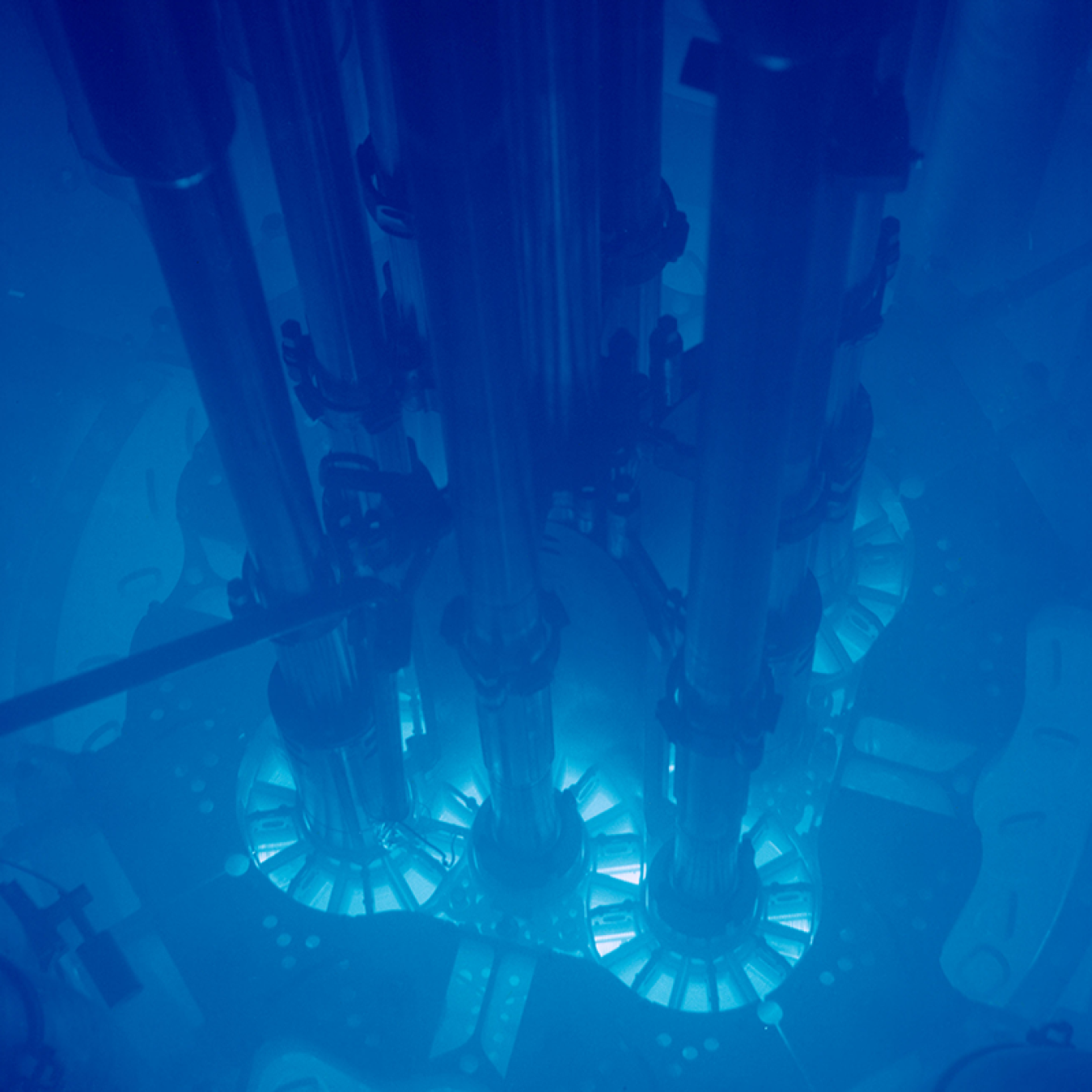
The Advanced Test Reactor at Idaho National Laboratory. Today, President Donald Trump signed the Nuclear Energy Innovation Capabilities Act into law.
President Donald Trump signed into a law new legislation that will speed up the development of advanced reactors in the United States.
The Nuclear Energy Innovation Capabilities Act (NEICA) eliminates some of the financial and technological barriers standing in the way of nuclear innovation.
It also represents a strong commitment by the government to support the commercial nuclear sector, ensuring that the U.S. maintains its leadership around the globe.
The provisions in NEICA build upon the successful private-public partnerships facilitated through the Gateway for Accelerated Innovation in Nuclear (GAIN), which helps accelerate the development and deployment of advanced reactor technologies.
“There are some truly transformative advanced nuclear technologies being developed in America right now and this bill just reinforces this Administration’s continued efforts to revitalize the nuclear industry,” said Ed McGinnis, principal deputy assistant secretary for the Office of Nuclear Energy.
Cutting regulatory costs
NEICA fosters teamwork between the public and private sector and will help offset some of the upfront costs of licensing new reactors.
The bill calls for a cost-share grant program to cover a portion of the licensing fees charged by the U.S. Nuclear Regulatory Commission during its review process for new reactor technologies.
Fast neutron source testing facility
The legislation also directs DOE to move forward with plans to develop a fast neutron source (i.e., a fast test reactor) to accelerate the development of advanced reactor fuels and materials.
This capability doesn’t exist in the United States and is needed to test new reactor materials and fuels for use in advanced reactors.
Advanced reactor demonstrations
The bill directs the Department to facilitate the siting of advanced reactor research demonstration facilities through partnerships between DOE and private industry.
All about the data
Finally, the bill requires DOE to expand its high-performance computing expertise by focusing on the modelling and simulation of advanced nuclear reactors to further accelerate their development.
The national labs, universities and private sector will help develop new software and tools for developers to use to speed up their research on fission and fusion reactors, in addition to space applications.
What’s next?
Secretary of Energy Rick Perry will have 180 days to provide Congress with a report assessing the capabilities of DOE to host and operate experimental advanced nuclear reactors at the national labs or other DOE sites.
The secretary will also submit two 10-year budget plans for nuclear R&D.
Read the full White House press release